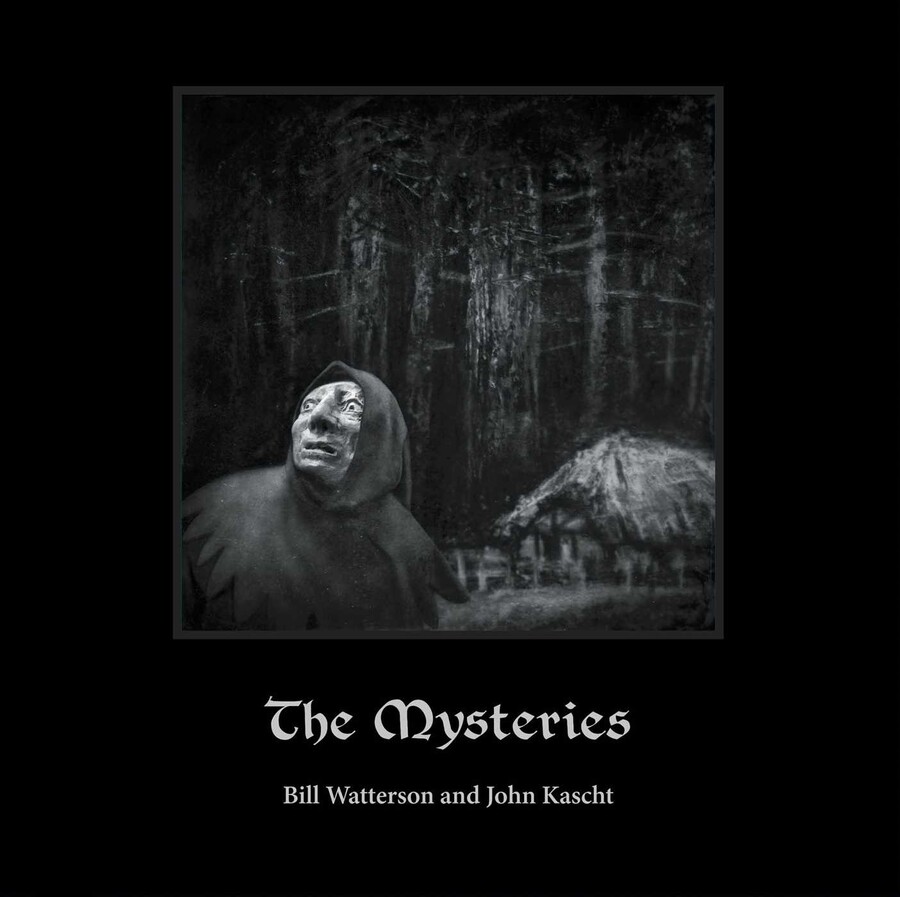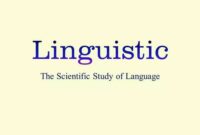Ecahkr arfaire: A seemingly nonsensical phrase, it presents a fascinating linguistic puzzle. This exploration delves into the potential meanings, origins, and contexts of this unusual term, considering various interpretations and exploring related concepts. We will examine potential misspellings, neologisms, and hypothetical uses within different fields, from fictional narratives to technical jargon. The journey promises to be as intriguing as the term itself.
Our investigation will encompass a multifaceted approach, encompassing linguistic analysis, contextual examination, and even the creation of a fictional scenario to illustrate potential applications. By combining rigorous research methodologies with creative exploration, we aim to shed light on the enigmatic nature of “ecahkr arfaire,” regardless of its true origin or intent.
Understanding “ecahkr arfaire”
The term “ecahkr arfaire” appears to be a misspelling or a neologism—a newly coined word or expression—with no established meaning in standard English or other widely recognized languages. Its unusual structure suggests a possible typographical error or a deliberate alteration of existing words. We can explore potential interpretations by examining its component parts and considering possible linguistic influences.
The term seems to be composed of two parts: “ecahkr” and “arfaire.” Neither part resembles any known word. “Arfaire” bears a slight resemblance to the French word “affaire,” meaning “affair” or “business,” but the “ecahkr” component presents a significant obstacle to straightforward interpretation. The lack of any consistent pattern or recognizable root suggests that the term may be entirely fabricated, perhaps for a fictional context or as a code word.
Possible Interpretations of “ecahkr arfaire”
Given the apparent lack of established meaning, a list of potential interpretations must rely on speculation and contextual clues. The possibilities are numerous and highly dependent on the intended meaning in a specific usage. The term could be:
- A deliberate misspelling of a similar-sounding phrase with a known meaning. Further analysis would be needed to determine the intended phrase, if any.
- A code word or acronym with a secret or specialized meaning within a particular group or context. Without additional information, deciphering this meaning is impossible.
- A neologism coined for artistic or literary purposes. This could be a unique creation for a fictional work or a poetic invention designed to evoke a specific feeling or image.
- A random string of letters, lacking any intended meaning or significance.
Examples of Hypothetical Usage
Because “ecahkr arfaire” lacks a definitive meaning, providing concrete examples of its usage is impossible. However, we can illustrate hypothetical scenarios to demonstrate how such a neologism might be employed:
In a work of science fiction, “ecahkr arfaire” could refer to a type of advanced technology or a mysterious entity. Imagine a scene where a character states, “The ecahkrs are interfering with the arfaire protocols,” creating an air of mystery and intrigue.
In a fantasy setting, it might represent a magical artifact or a forgotten ritual. For instance, the protagonist might search for the “ecahkr arfaire” to unlock an ancient power.
Final Wrap-Up
In conclusion, while the precise meaning and origin of “ecahkr arfaire” remain elusive, this exploration has highlighted the diverse possibilities inherent in such an ambiguous term. From potential misspellings to neologistic creations, the analysis has demonstrated the power of contextual interpretation and the importance of creative speculation in unraveling linguistic mysteries. Further research, utilizing the strategies outlined, may yet uncover the true nature of this intriguing phrase, but even without definitive answers, the process of investigation has yielded valuable insights into the fluidity and flexibility of language.




